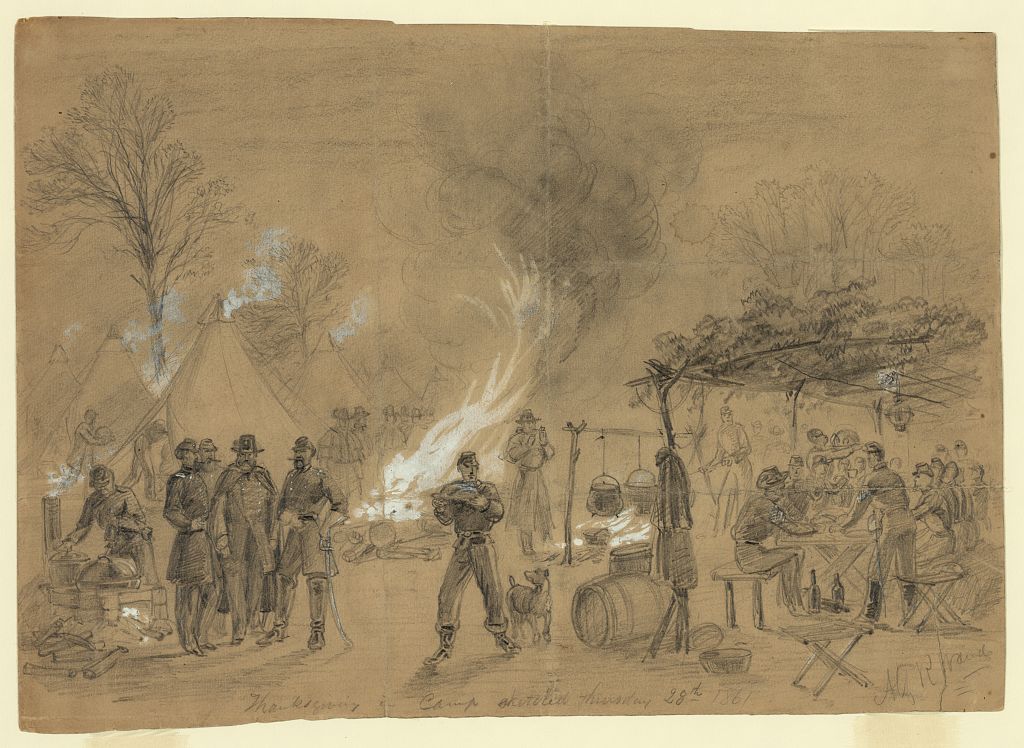Ploutos
Puritan Board Sophomore
Can anyone weigh in regarding a free, concise, and historically reliable version of the story of the first Thanksgiving that I can find online? Think something I'd like to print and read to family and guests on Thanksgiving Day - so not more than 15 minutes long, or thereabouts.

